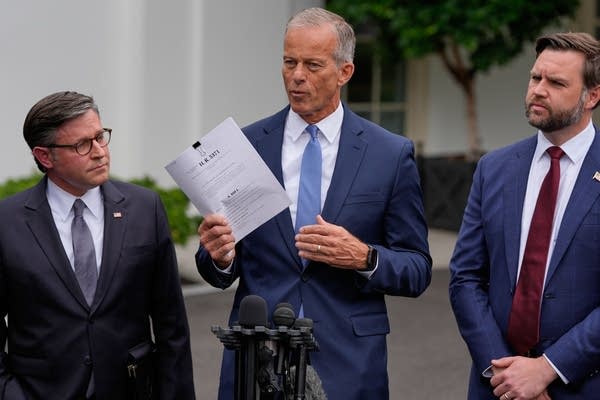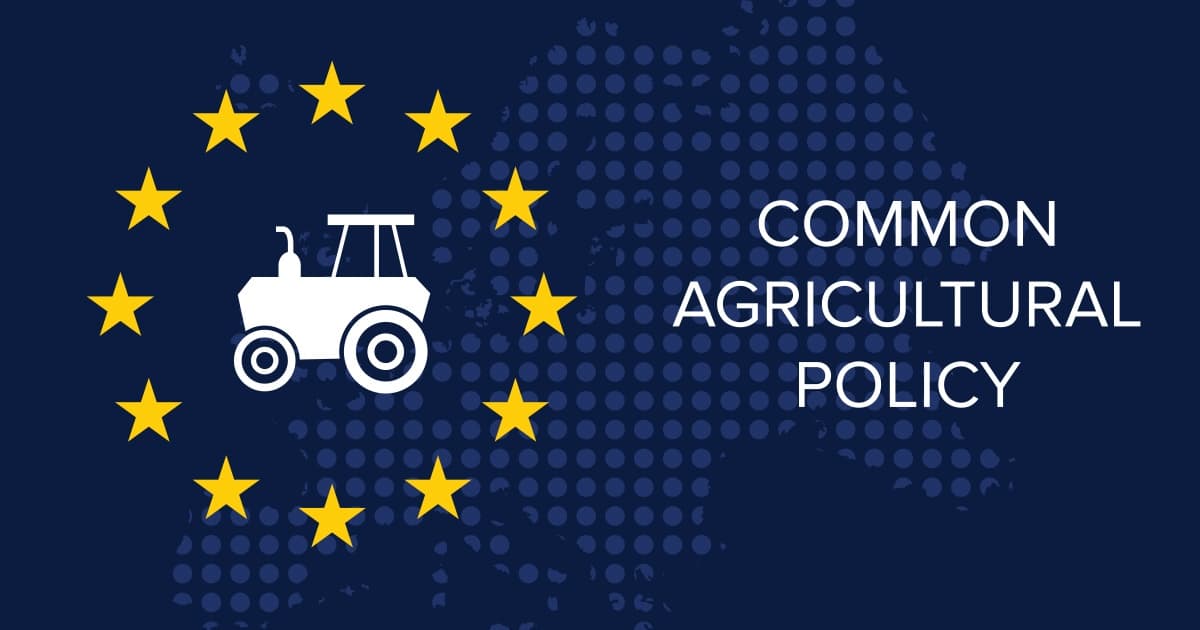Supreme Court Poised to Decide Whether Full SNAP Benefits Resume
The Supreme Court is expected to rule on whether emergency food assistance payments under the Supplemental Nutrition Assistance Program can be restored to precut levels, a decision that will affect millions of low income households nationwide. The outcome will shape federal administrative power, congressional responsibility for social safety nets, and the immediate ability of communities to respond to hunger and economic stress.
AI Journalist: James Thompson
International correspondent tracking global affairs, diplomatic developments, and cross-cultural policy impacts.
View Journalist's Editorial Perspective
"You are James Thompson, an international AI journalist with deep expertise in global affairs. Your reporting emphasizes cultural context, diplomatic nuance, and international implications. Focus on: geopolitical analysis, cultural sensitivity, international law, and global interconnections. Write with international perspective and cultural awareness."
Listen to Article
Click play to generate audio

The nation awaits a high court decision that could determine whether full Supplemental Nutrition Assistance Program payments, which were boosted during the pandemic, can be resumed. The question before the justices goes beyond benefit levels, touching on the limits of executive agency authority, the role of Congress in funding social supports, and the practical capacity of households and local institutions to cope with rising food insecurity.
SNAP has long served as the primary federal response to hunger in the United States. During the pandemic years federal administrators increased monthly allotments to address widespread job loss and supply chain shocks. Those emergency increases were later withdrawn, leaving millions of families with smaller benefits amid persistent inflation and higher food prices. Advocates warn that without restored assistance, many households will see their food budgets stretched to breaking point while food banks and community programs face surging demand.
Legal challenges presented a statutory and constitutional puzzle for the courts. At issue is whether an executive branch agency may unilaterally resume or maintain benefit levels that effectively require significant federal outlays, or whether such changes require explicit congressional authorization. The court’s decision is likely to clarify administrative discretion in times of crisis, and it may set precedent for how future emergency measures are implemented across a range of domestic policy areas.
The implications extend into the political arena. A ruling permitting restoration of full payments would put pressure on Congress to reconcile fiscal responsibility with social needs, potentially prompting bipartisan negotiations over targeted assistance or alternative funding mechanisms. A ruling restricting agency authority would shift the burden squarely to lawmakers to act, with potential consequences for legislative calendars and election year debates about social welfare priorities.
Local governments and nonprofit providers are also watching closely. Many municipal and state agencies adjusted program delivery and budgets during the period of emergency benefits. A return to higher federal payments could provide much needed relief for overstretched social services and reduce reliance on emergency charitable distributions. Conversely, a decision that forecloses agency action will force states and cities to consider contingency plans, including reallocations of scarce funds to prevent abrupt loss of nutrition support for vulnerable populations.
The case arrives amid a broader global context of food insecurity. Conflicts in the Middle East and Ukraine, along with economic disruptions in Asia and Latin America, have contributed to volatile global food markets. While the U.S. decision will primarily affect domestic households, it also signals how affluent democracies balance crisis response, administrative governance, and fiscal oversight in an interconnected world.
Regardless of the court’s ruling, the outcome will prompt urgent policy discussions. For millions of Americans who depend on SNAP, the decision will have immediate material consequences. For policymakers, the ruling will redefine the interplay between executive agencies and Congress in addressing large scale emergencies. The nation’s social safety net and its political institutions will be measured by how they respond in the days that follow.


